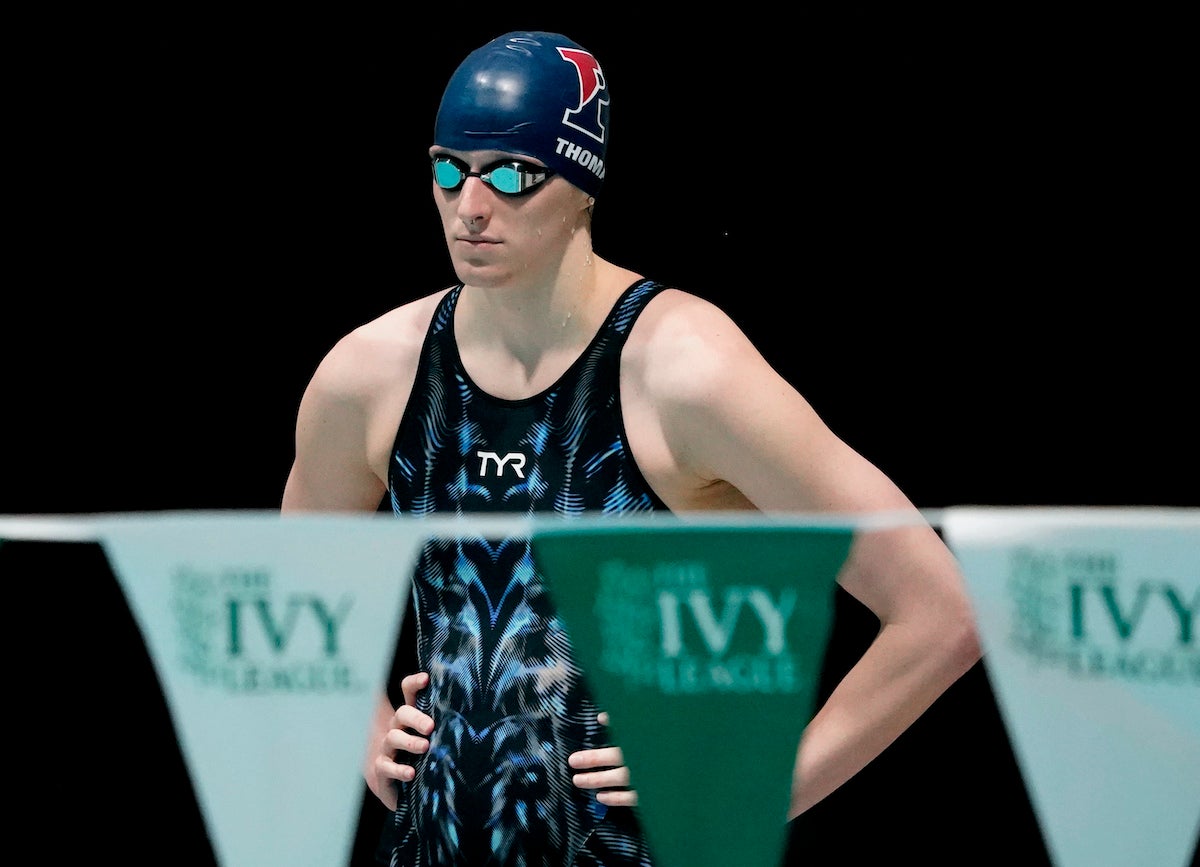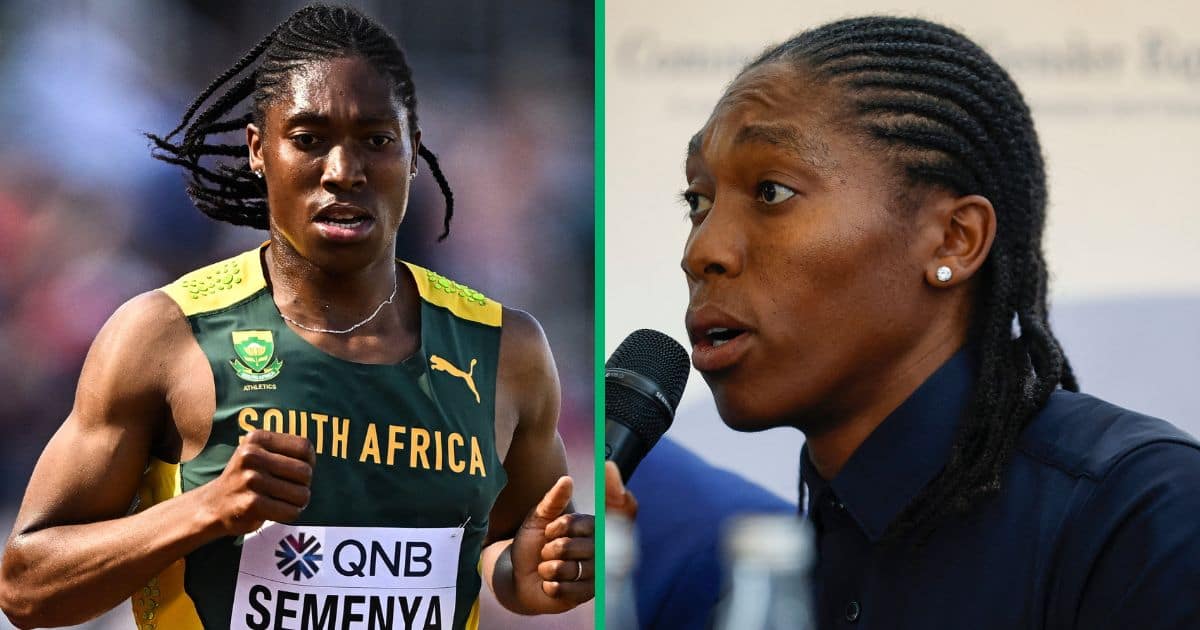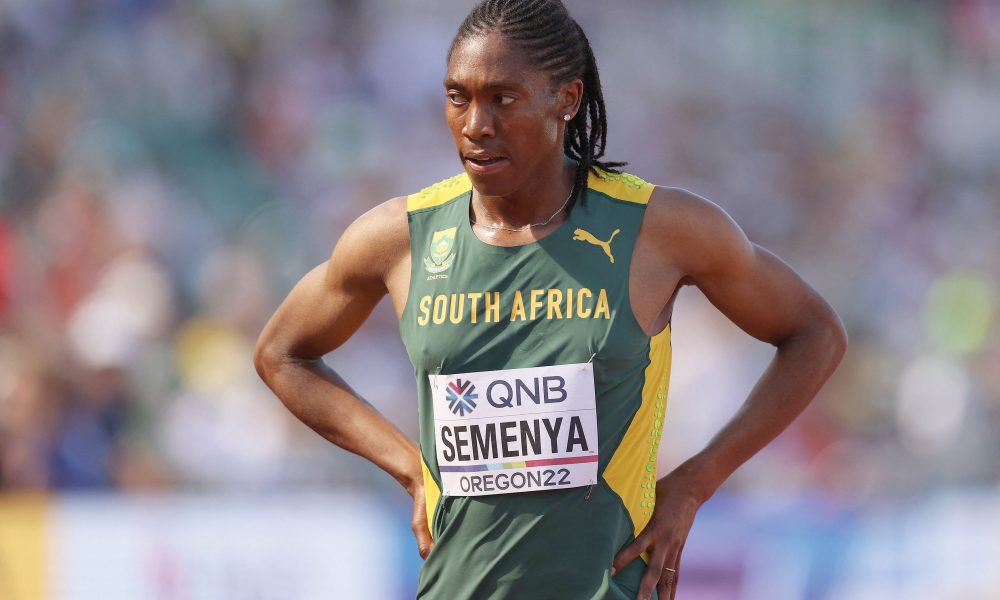




Caster Semenya, a double Olympic Games champion, appeared at the European Court of Human Rights (ECHR) in Strasbourg on May 15, 2024, to challenge World Athletics regulations that require female athletes with differences in sexual development (DSDs) to medically reduce their testosterone levels. The ECHR ruling, expected in several months, will be binding. Semenya hopes for dignity and for the decision to be respected by World Athletics and other sports organizations. Local netizens in South Africa have shown support for Semenya, believing she has been unfairly judged. Semenya has turned to crowdfunding to raise R3.4 million for her legal fees in her ongoing legal battle with international sporting bodies over her testosterone levels [94c9e20b].
The Department of Sport, Arts and Culture (DSAC) has expressed solidarity with Caster Semenya as she goes to the Grand Chamber of the European Court of Human Rights. The DSAC is committed to advocating for fairness and equality in sport and believes that every athlete should have the right to compete without facing unjust obstacles. The government is collaborating with the Commission for Gender Equality (CGE), Norton Rose Fulbright (NRF), Probono.org, and other stakeholders to support Semenya. The CGE calls on everyone to support Semenya's quest for justice. The DSAC hopes that the Grand Chamber's decision will reflect justice, inclusivity, and diversity. The hearing is scheduled for May 15, 2024 [fa2033af].
The European Court of Human Rights in Strasbourg, France, began a hearing on May 15, 2024, to decide whether Caster Semenya can be required to lower her testosterone levels to compete. Semenya, a double Olympic champion, won a legal battle in Switzerland's Supreme Court last July, which ruled that she was the victim of discrimination. She is classified as a DSD athlete and has refused to lower her testosterone levels as required by World Athletics' rules. Semenya lost an appeal in the Court of Arbitration for Sport but won her case against Switzerland's Supreme Court in the European Court of Human Rights. The court's ruling will be binding and is expected to have a historic impact on the autonomy of sports organizations to regulate access to their competitions while respecting human rights [66198dd9].
In a separate case, transgender swimmer Lia Thomas has failed in her challenge against rules that prevent her from competing in elite women's races. The Court of Arbitration for Sport panel of three judges dismissed Thomas' request for arbitration with the World Aquatics governing body. World Aquatics has banned transgender women who have been through male puberty from competing in women's races but created an "open" category for transgender athletes. Thomas called the decision "deeply disappointing," while advocates for transgender athletes expressed their disappointment and called for equal opportunities for trans athletes to participate in sports [785e4a36].
Now, Lia Thomas faces backlash as her former teammate, Paula Scanlan, demands an apology for being 'forced to undress' in front of Thomas '18 times a week' while competing as a collegiate swimmer at the University of Pennsylvania. Scanlan's demand came after Thomas failed to sue World Aquatics for blocking him from competing in the Paris Olympics. The Court of Arbitration for Sport (CAS) ruled against Thomas, banning male swimmers who had undergone puberty from competing in elite women's swimming events. The NCAA, however, is not under the purview of World Aquatics, and their rulings do not impact the collegiate sports governing body. The broader international pushback against trans inclusion could factor into the lawsuit filed by former female collegiate swimmers against the NCAA for forcing them to compete against and share locker rooms with a man. Scanlan, who was a victim of sexual assault, found the experience of undressing in front of a man particularly traumatic. Thomas competed for the University of Pennsylvania for three years and accused World Aquatics of discrimination. World Aquatics based their trans inclusion rules on whether the athlete had gone through male puberty, not on hormone therapy [96dd8290].